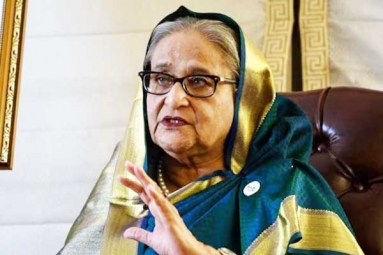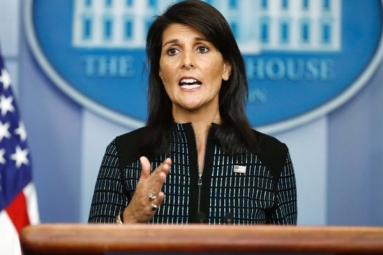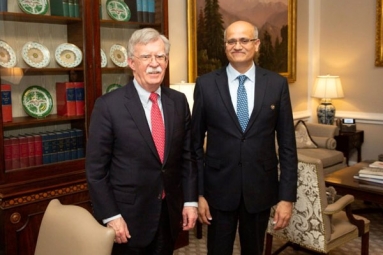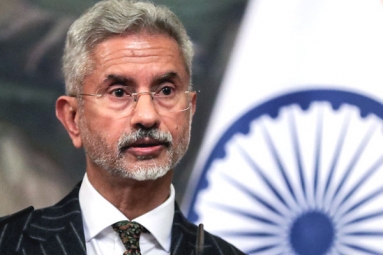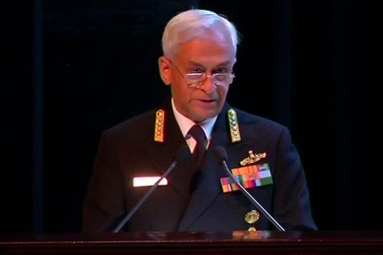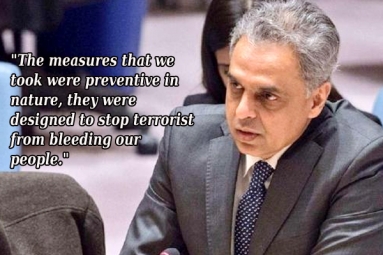Study on Women Recruitment in Terror Organizations Reveal How Little We Know About Women Terrorists
April 30, 2019 12:30
A recent study on terrorism highlighting how little we know about women terrorists is something which we shouldn’t overlook.
The first large-scale research project evaluating the characteristics of women involved in jihadism-inspired terrorism finds significant differences between men and women in both their backgrounds and their roles within terrorist groups.
The study highlights potential flaws in existing models of radicalization, threat assessment tools, and counter-terrorism strategies - all of which rely primarily on data regarding male terrorists.
"There has only been one other large-scale study to evaluate the characteristics of women terrorists, and none that have looked exclusively at women in jihadism-inspired terrorist groups," said Christine Brugh, lead author of the study published in the Journal of Threat Assessment and Management.
"There have been no previous, large-scale studies to look at the roles women play in terrorist organizations," Brugh added.
For the study, researchers drew on data from the Western Jihadism Project, based at Brandeis University, which collects data on terrorists associated with Al-Qaeda-inspired organizations. The researchers conducted comparative analyses of 272 women and 266 men, who were matched to control for variables such as ethnicity, nationality, age at radicalization.
There were significant differences in the background of men and women. For example, only 2 percent of women had a criminal background before radicalization, compared to 19 percent of men. And while about 14 percent of men had no profession in the six months preceding their affiliation with a terrorist group, almost 42 percent of women were unemployed during the same timeframe
."The data also suggests that terrorist organizations may be increasingly recruiting women. For example, 34 percent of the women in our sample were born after 1990, while only 15 percent of men were born after 1990. Since we were able to control for age at radicalization, this suggests an increase in women's involvement in terrorist groups," said Sarah Desmarais, co-author of the paper.
The research also highlighted different roles for women in terrorist activities."Women were less likely than men to be involved in planning or carrying out terrorist attacks. Only 52 percent of the women were involved in plots, compared to 76 percent of men," explained Desmarais.
According to the researchers, in many ways, the roles of the women in these terrorist groups are consistent with traditional gender norms.
The women were more likely to play behind-the-scenes roles aimed at supporting the organization. The fact that these differences are so obvious - but that no one had found them before - suggests that we are just scratching the surface, the researchers assert.
"We need to see what, if anything, sets these people apart from their counterparts in the general population. Are there relevant variables that could inform threat assessments or models of radicalization?" Brugh said.
-Sangam Sowmya




